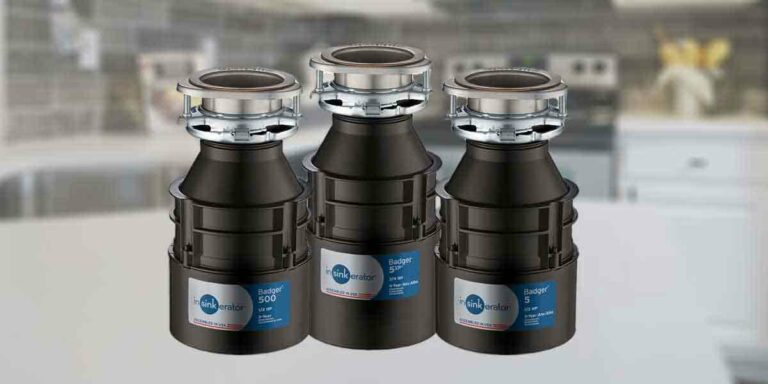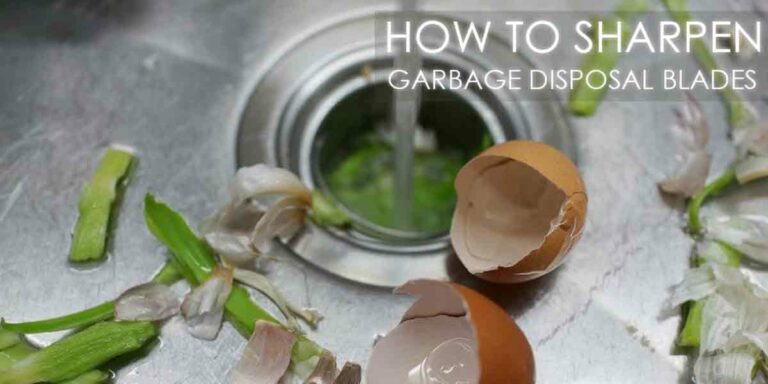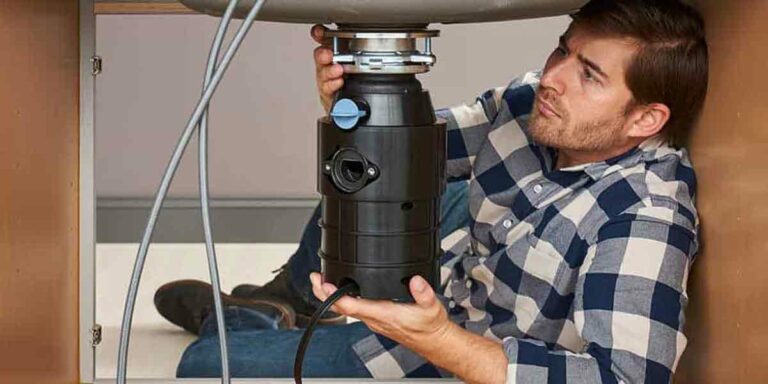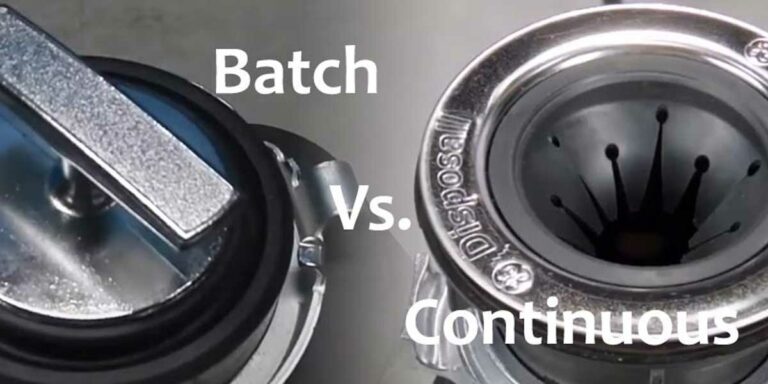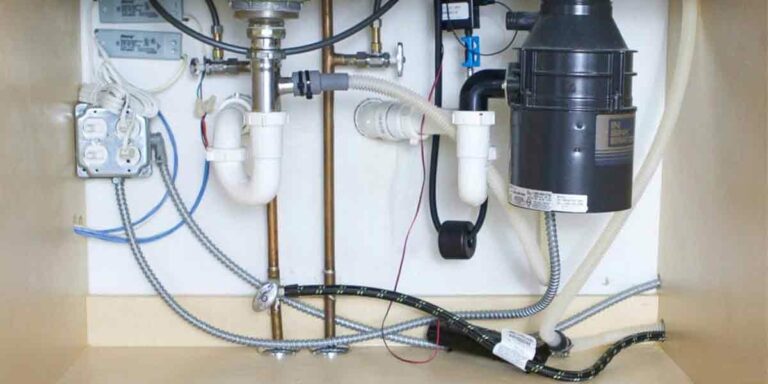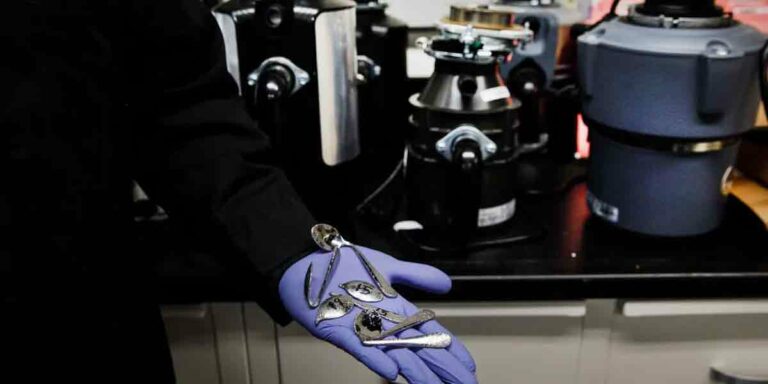Can You Put Coffee Grounds Down the Sink?
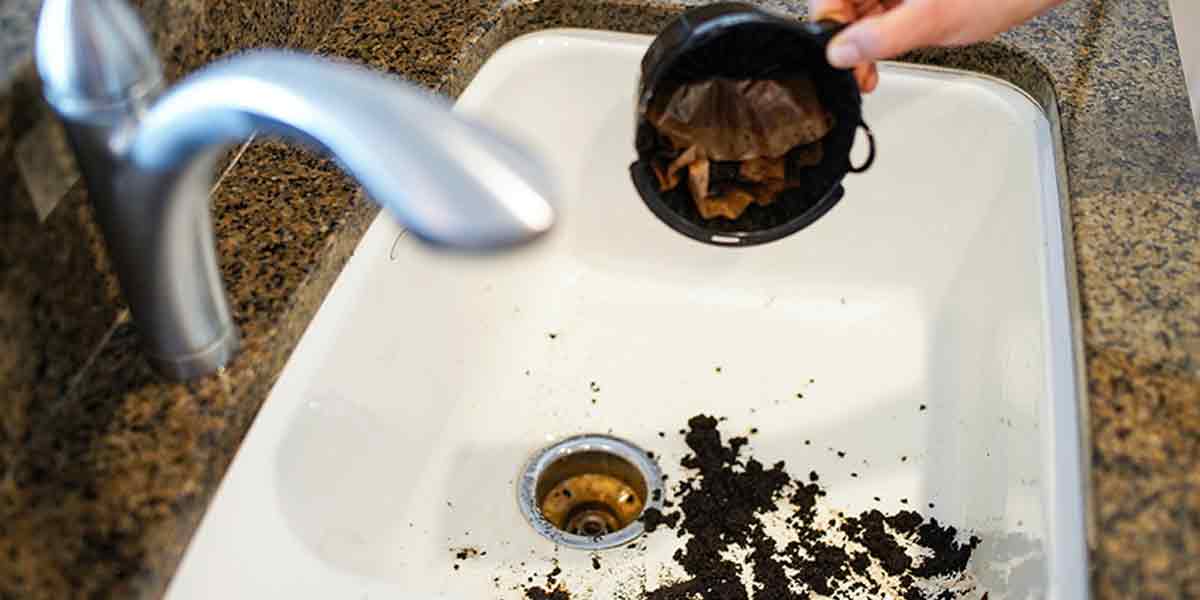
Oftentimes, we have to face the mishaps of clogged sinks. It’s extremely frustrating and sometimes we can’t even figure out what’s causing them. We understand that foodstuff may clog the sink, but sometimes it happens even after we are being careful with it. Many people pour their used coffee grounds down the kitchen sink without ever having a clogged drain. But have you ever wondered if is it ok to put coffee grounds down the sink?
There’s an old myth that coffee grounds are good for drain cleaning because they’re abrasive and help clean the insides of the pipes and deal with the odor. Some people also seemingly use it to sharpen garbage disposal blades. This is most emphatically not the case. So in this article we will discuss how it clogs the sink if you put coffee grounds down the drain. Keep reading to know more.
Is It OK to Put Coffee Grounds Down the Sink?
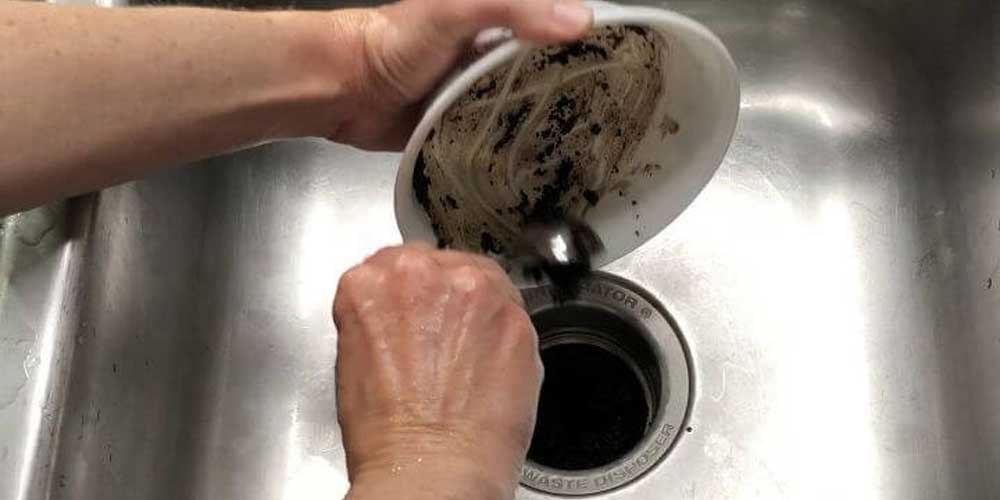
Do coffee grounds clog drains? Seems unlikely, but yes it does! Pouring coffee grounds down the sink is not a good idea as they will block up it up. Coffee grounds in garbage disposal, unlike most foods, bind together rather than breaking down in water. Even the sturdiest of garbage disposals may find it difficult to not clog when consistently fed coffee grounds.
The primary causes are fatty substances like oil, which are washed down the drain every time you clean your dishes. The layer of grease builds up over time, and even if you flush the coffee grounds with plenty of water, they frequently adhere to the sludge blockage. The beneficial bacteria are unable to break them down, increasing the volume of sludge in the tank, and that will lead to blocking of the drainage system after a period of time.
Can You Put Coffee Grounds Down the Garbage Disposal?
Coffee grounds are a sedimentary compound. If you’ve poured too much coffee grounds in sink at once, or if the plumbing is reduced, a clog or ‘slow drain’ situation can occur. To avoid problems, feed these materials into the disposer slowly and steadily and use a strong flow of cold water to help flush it through the pipelines. They will dry out and accumulate between the impellers or in the drain pipes if you do not do this. When this happens, even though you run a lot of water, the water will not be able to break through and loosen the dried grounds that have become stuck.
How Else to Dispose of Coffee Grounds?
There are many thoughtful ways to dispose off coffee grounds. You can recycle it in many ways instead of throwing it away by the following ways.
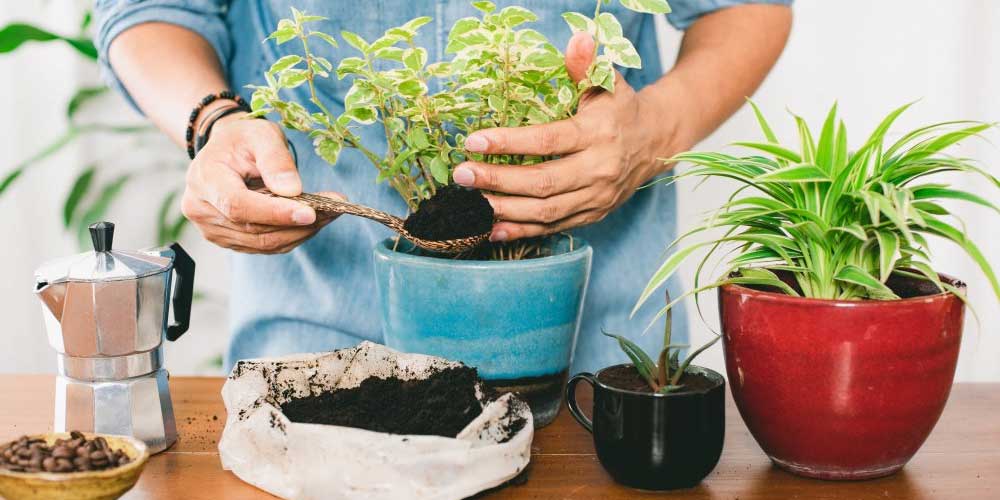
- If you want the simplest solution, simply toss the coffee grounds in the trash. Throw your grounds in the trash like any other non-hazardous household waste for a no-fuss solution. As an added bonus, coffee grounds can absorb odors, so they may aid in keeping your trash odor-free.
- Tossing your wet clump of coffee grounds onto your compost heap is a common way to dispose of them. Coffee grounds are highly valued by gardeners due to their high nitrogen content. Furthermore, nitrogen provides energy to the bacteria that decompose the organic matter in the compost pile.
- Drying used coffee grounds and scattering them around ant-infested areas can make things better. The grounds can even be strewn directly on anthills and used to remove slugs and snails. Wet coffee grounds in a jar lined with double sided tape can be used to trap cockroaches. The roaches will be drawn to the trap by the scent of the grounds, and the tape will keep them from escaping.
- Coffee grounds are abrasive and can assist in removing buildup from difficult-to-clean surfaces. Their antibacterial and antiviral properties may even aid in sanitization. If you prefer not to use chemicals when cleaning, used coffee grounds may be worth a shot. You can use them to clean your sink, glaze your cookware, or scrub your grill.
What Else to Not Put Down the Sink?
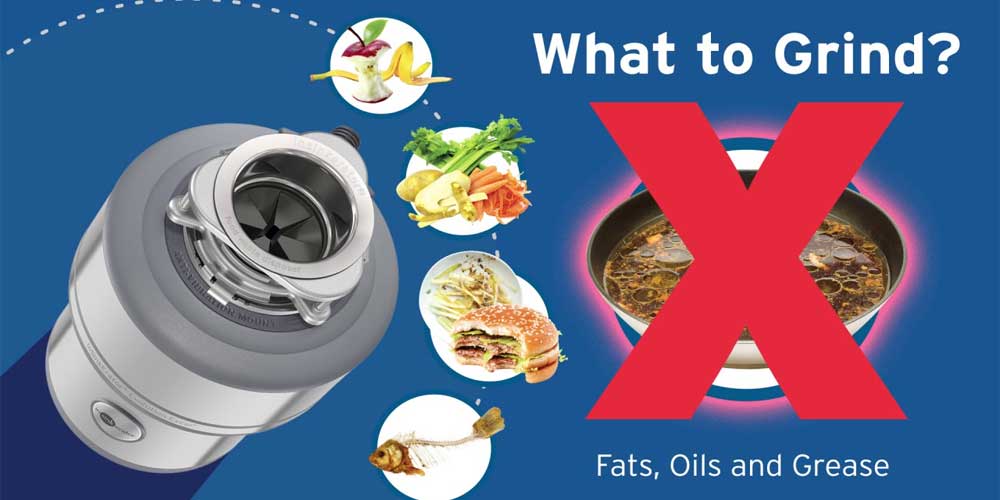
First and foremost, never put any type of fat, oil, or grease in a sink or down a sink drain. They harden over time and clog the drain pipe. Aside from coffee grounds, certain items should never be disposed of in the sink. It includes household food waste, eggshells, and used tea leaves in the sink, which clogs the drain and prevents free flow of oxygen, impeding the degradation process. Do not dispose of expandable foods in the sink. Foods that expand when wet, such as pasta and rice, are the source of many jams and clogs. Here’s a comprehensive list of things you should not put down the garbage disposal.
Final Words
It’s unavoidable – even if you don’t let it go down the drain, a few grounds will find their way down there. This has little impact. However, if you’ve been pouring coffee grounds in sink for years, it will eventually have an effect on your drainage system. Instead, there are numerous ways to recycle coffee grounds. It will be a win-win situation in this case. Consider utilising the grounds from your next cup of coffee for recycling purposes. I hope this article has helped you understand why it is not right to dispose of coffee grounds down the sink and how you can decompose them instead!

